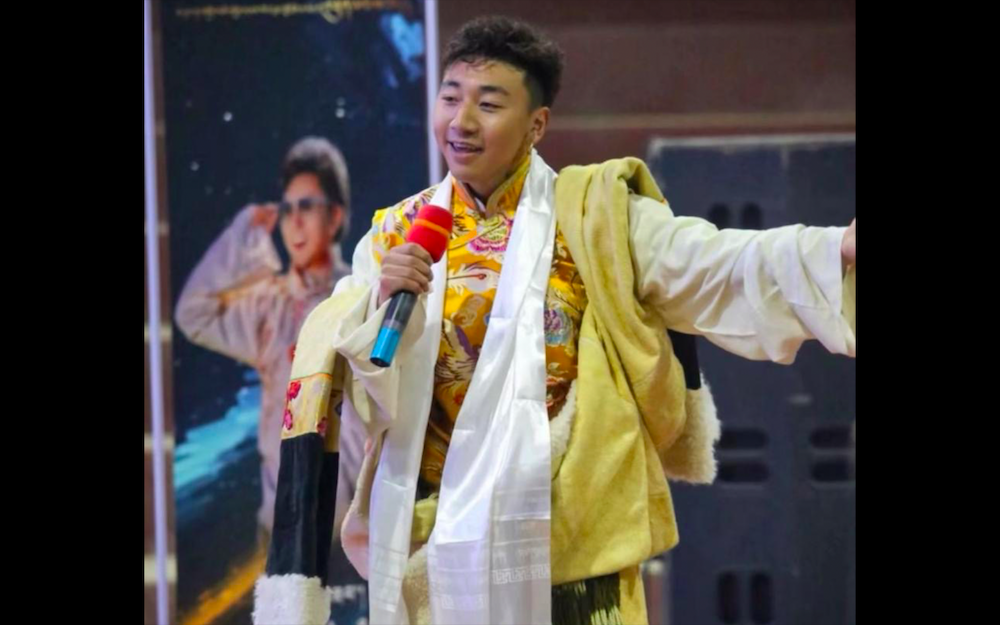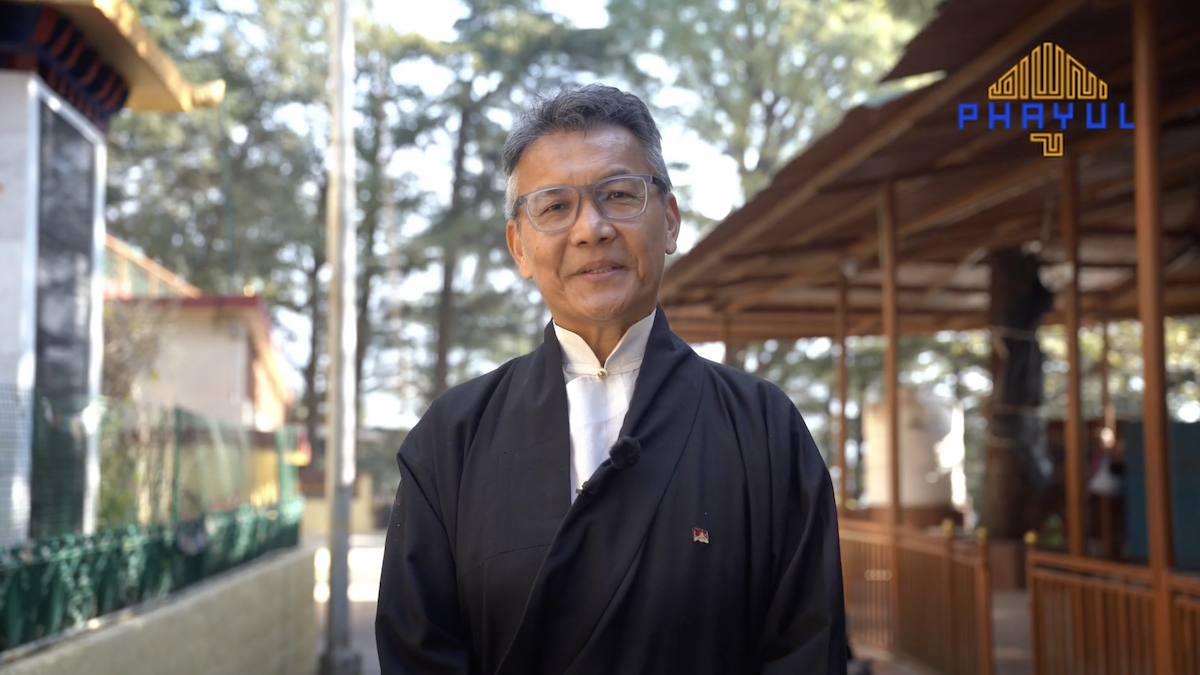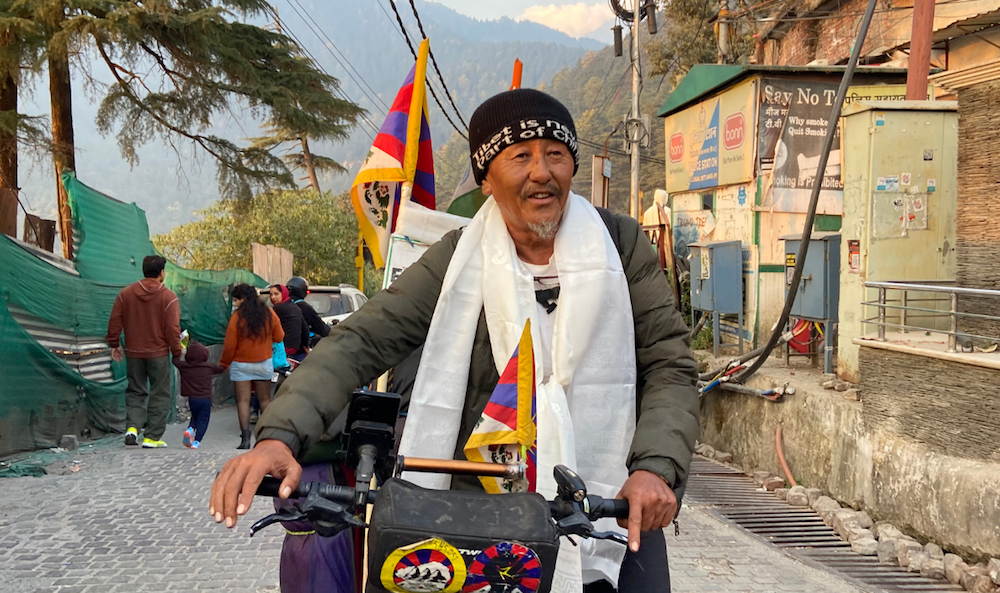Tenzin Nyidon
DHARAMSHALA, Oct. 20: Tibetan singer Ah Sang, also known by his online alias Tsugte, remains in Chinese custody without access to his family, despite earlier reports suggesting his release in August, according to sources inside Tibet cited by the Dharamshala-based news outlet Tibet Times.
Ah Sang and his music collaborator Palchung were reportedly arrested in early July after they paid tribute to His Holiness the Dalai Lama on his 90th birthday. The two musicians were subsequently taken away by Chinese authorities and disappeared without a trace. Although Tibet Times initially reported in August that Ah Sang had been released, its latest update reveals that he has not met his family for over three months, and his relatives continue to await his return.
Sources told Tibet Times that following Ah Sang’s arrest, his wife Lhamo, who was pregnant at the time, has since given birth to a daughter and has faced severe hardships. To support her family, Lhamo reportedly traveled to Chengdu, China, to start a business. However, Chinese authorities have blocked the primary communication channels between her and her husband, forcing her to rely on live-streaming and smaller messaging apps to conduct business. Nearly five months have passed since Ah Sang’s family last saw or heard from him, and his condition and whereabouts remain unknown.
Another source told Tibet Times that while no one currently knows where Ah Sang is being held, there is confirmation that he is still alive. “When he returns, many things will become clear, and his fans will finally know the truth about what happened,” the source said.
Ah Sang was reportedly detained after performing the song “Prince of Peace” during the Dalai Lama’s 90th birthday celebration. The song, written in 2006 by lyricist Arik Choeten Thar and popularized by renowned Tibetan singer Sherten, expresses deep reverence for the exiled spiritual leader. The track has long been censored by Chinese authorities for its devotional references to the Dalai Lama. Any admiration for the Dalai Lama is often branded by Chinese authorities as “separatist activity”, with individuals facing vague state-sanctioned charges, incarceration, or incommunicado detention for acts of faith or artistic tribute.
The arrest of Ah Sang is widely seen by observers as part of escalating repression of creative and cultural expression in Tibet, which now extends beyond political activists and monks to include artists, writers, and musicians facing growing restrictions for expressing religious devotion through their work.










